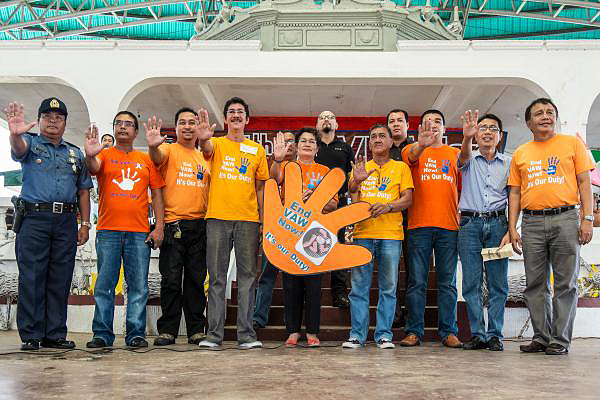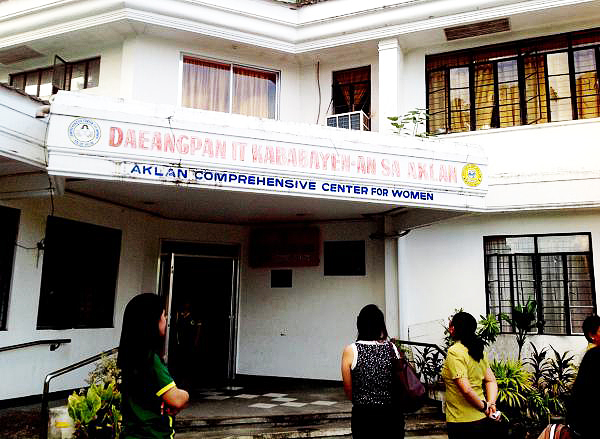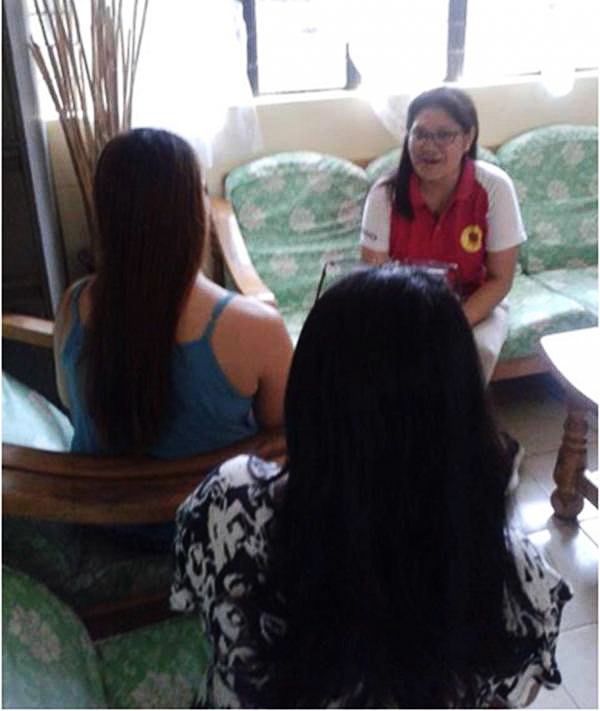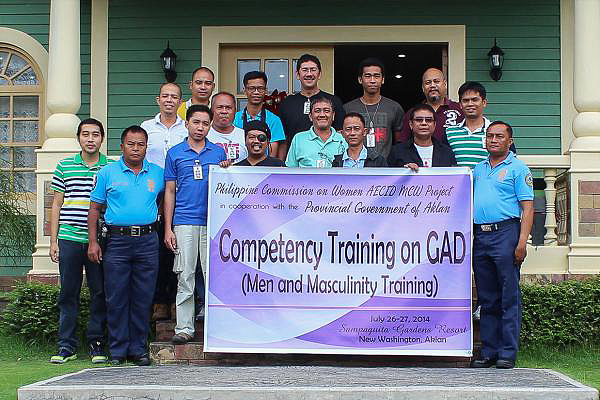GAD Local Learning Hub: Aklan

Local government units (LGUs) doing gender mainstreaming need strong leadership and commitment, organized women’s groups, adequate resources — and lots of inspiration — to see things through. In fact, when gender mainstreaming is not explicitly defined in the LGUs’ development plans, Gender and Development (GAD) efforts may not be realized at all. As a form of assistance and in keeping up with the unique contexts and specific needs of LGUs, the Philippine Commission on Women (PCW) then “localized” its Technical Assistance Blueprint in accordance with gender-related mandates and as provided for by the Magna Carta of Women (RA 9710).
In 2014, PCW added the GAD Local Learning Hubs (GAD LLHs) to its LGU-centered technical assistance portfolio, the aim of which is to showcase innovative GAD structures, processes, and programs that have been sustained if not improved by LGUs through the years. GAD LLHs are meant for sharing and replicating good practices, ultimately giving other LGUs the opportunity to think outside the box when implementing GAD initiatives. LGUs seeking to imbibe GAD innovations can learn from the GAD LLHs and get inspiration on how to infuse GAD in local governance and public service.
One of the five PCW-certified GAD LLHs is Aklan Province. The Provincial Government of Aklan has continuously fulfilled its GAD mandate by strengthening its social facility and by expanding its network to eliminate violence against women (VAW).
Survivor’s Safe Haven
There are crisis centers that provide temporary shelter and protective custody to survivors of VAWC [violence against women and children]. Then, there are those that go further by providing additional services by extending socioeconomic assistance to women survivors and by sharing knowledge on VAWC documentation and monitoring to other crisis centers.


This is true in the case of the Daeangpan it Kababayen-an sa Aklan or the Aklan Comprehensive Center for Women (ACCW). Since its establishment in 2001, the ACCW has served as a 24-hour receiving and action center for walk-ins, referrals, and rescued women and children in crisis — even to those from nearby provinces. Having learned from a decade of operations, the Child Protection Unit (CPU) was later organized to bolster ACCW’s counseling services, referral functions, and economic support for women survivors.
ACCW was constructed with support from former Senator Tessie Aquino-Oreta and PCW (previously the National Commission on the Role of Filipino Women); the establishment of the CPU was financed by the European Union and the Philippines Against Child Trafficking. While the construction of both facilities was sourced outside the LGU budget, Aklan included the operations of ACCW in the Aklan GAD Code, thus providing staff complementation and funding for its operations and programs. Currently, the Provincial Social Welfare and Development Office oversees the activities of ACCW in close coordination with the Aklan GAD Commission.

The ACCW has an Operations Manual providing for the general policies that govern the processes and day-to-day affairs of the center. The manual lists the procedures and guidelines for case management; it also defines the functions and accountabilities of the center’s management, personnel, and staff.
A referral is an integral mechanism of ACCW’s operations. Using the VAW Referral System Guidelines developed by PCW and the Department of Social Welfare and Development, the center provides referrals for legal and medical assistance, counseling services, and psychiatric and psychological evaluation to VAWC survivors. A distinct component of the Referral System is the offering of livelihood skills training by partner organizations, hence providing economic opportunities to Women in Especially Difficult Circumstances. Where appropriate, the ACCW also provides Php 5,000 capital to women survivors to enable them to start their own livelihood enterprises.
DOWNLOAD a copy.

